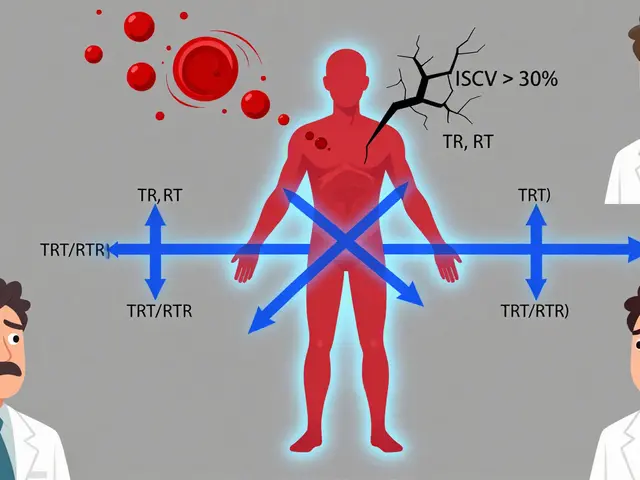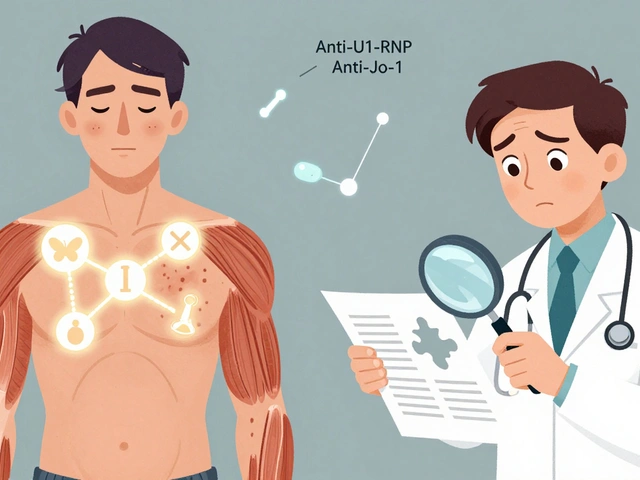ARBs: A Simple Guide to Angiotensin Receptor Blockers
Ever heard of ARBs and wondered what they’re all about? ARBs, or angiotensin receptor blockers, are medicines commonly used to tackle high blood pressure and protect your heart. They work by blocking a hormone called angiotensin II, which tightens blood vessels. By stopping this hormone, ARBs help your vessels relax and lower your blood pressure, making it easier for your heart to pump blood.
Doctors often recommend ARBs to people who can't tolerate certain other blood pressure meds, like ACE inhibitors, because ARBs tend to have fewer side effects such as cough. If you’ve been prescribed ARBs, it’s usually because maintaining healthy blood pressure is crucial to preventing strokes, heart attacks, and kidney problems.
How ARBs Affect Your Body and What to Expect
Once you start taking ARBs, you might notice your blood pressure readings getting better over time. However, these meds don’t work instantly; they usually take a few weeks to show full effects. Common ARBs include losartan, valsartan, and olmesartan, each with minor differences but the same goal: keeping your blood vessels open and blood pressure steady.
Some people experience side effects like dizziness, headache, or fatigue, especially when starting the medication or changing doses. That’s your body adjusting. In rare cases, ARBs can affect kidney function or potassium levels, so your doctor will do tests to keep an eye on this. Never stop or change your dose without checking with your healthcare provider.
Tips for Using ARBs Safely and Effectively
Taking ARBs regularly as prescribed is key to managing your blood pressure well. Skipping doses or mixing them with medications without professional advice can mess with how they work or cause problems. Since ARBs affect potassium, be cautious with potassium-rich foods or supplements and tell your doctor about everything you take to avoid issues.
If you experience swelling, severe dizziness, or signs of an allergic reaction, get medical help right away. Beyond medication, combining ARBs with healthy lifestyle choices like cutting salt, exercising, and quitting smoking boosts your heart health. Keeping track of your blood pressure at home can also help you and your doctor see how well ARBs are working for you.
So, if you’re aiming to control your blood pressure or support your heart, understanding ARBs can make a real difference. They’re one of the most trusted tools in the fight against heart disease, simple yet effective when used right.

Non-Beta-Blocker Blood Pressure Medications: Choosing Between ARBs, CCBs, and Diuretics for Hypertension
Confused about blood pressure treatments that aren't beta-blockers? This article breaks down when and why doctors might recommend ARBs, CCBs, or diuretics instead, and who makes a good candidate for each. You'll get clear guidance, smart tips, and some eye-openers on how to talk to your doctor about the right path for you. Easy to read and filled with practical facts, this guide helps you navigate your options without getting lost in medical jargon. Find out how real choices look for real people living with hypertension.
View More




